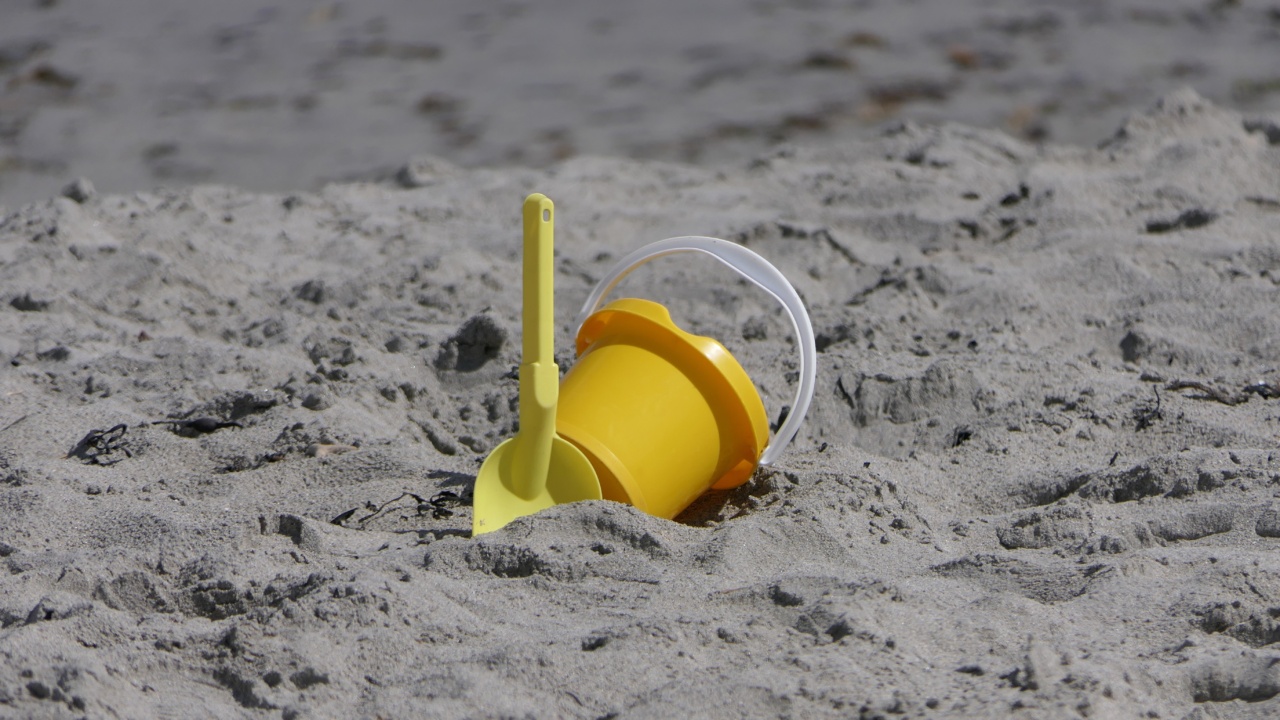Urinary tract infections (UTIs) are a common health issue, particularly among women. They occur when bacteria enter the urinary tract through the urethra and multiply, leading to an infection.
During pregnancy, the risk of UTIs increases due to various physiological and hormonal changes. UTIs can have significant implications for both the mother and the developing fetus, highlighting the importance of early detection and prompt treatment.
Understanding Urinary Tract Infections
A urinary tract infection typically occurs when bacteria, such as Escherichia coli (E. coli), enter the urinary tract—a system that includes the bladder, urethra, ureters, and kidneys—and cause an infection.
Women are more prone to UTIs due to their shorter urethra, which allows bacteria to reach the bladder more easily.
Common symptoms of a UTI include a frequent urge to urinate, pain or burning sensation during urination, cloudy or strong-smelling urine, and pelvic pain. If the infection spreads to the kidneys, symptoms may also include fever, back pain, and nausea.
UTIs and Pregnancy: A Dangerous Combination
During pregnancy, hormonal changes and anatomical adaptations can increase the risk of developing a UTI.
As the uterus expands, it can exert pressure on the bladder and urinary tract, potentially impairing proper urine flow and leading to stagnant urine. The hormone progesterone also relaxes the muscles of the urinary tract, making it easier for bacteria to travel up the urethra.
If left untreated, UTIs during pregnancy can have serious consequences. They may contribute to the development of kidney infections (pyelonephritis), which can result in preterm labor and low birth weight.
Additionally, untreated UTIs can increase the risk of other complications, such as gestational diabetes and high blood pressure.
Preventing UTIs During Pregnancy
Prevention is crucial when it comes to urinary tract infections during pregnancy. By following these simple measures, expecting mothers can significantly reduce their risk:.
1. Hygiene Matters
Maintaining good hygiene is essential, especially during pregnancy. Wiping from front to back after using the toilet helps prevent the spread of bacteria from the anal region to the urethra.
Additionally, wearing breathable cotton underwear and avoiding harsh soaps or feminine hygiene products can help maintain a healthy balance of bacteria in the vaginal area.
2. Stay Hydrated
Drinking an ample amount of water throughout the day helps dilute the urine and flush out bacteria from the urinary tract. Aim to consume at least 8-10 glasses of water daily.
3. Urinate Frequently
Avoid holding urine for long periods, as it can contribute to the growth of bacteria. Urinating regularly helps flush out bacteria from the urinary tract.
4. Empty the Bladder Before and After Sexual Activity
Emptying the bladder before and after sexual activity can help prevent the colonization of bacteria in the urethra.
Seeking Treatment for UTIs During Pregnancy
If a pregnant woman experiences symptoms of a urinary tract infection, it is crucial to seek medical attention promptly.
A healthcare provider will typically conduct a urine test to confirm the presence of an infection and identify the bacteria responsible. Based on the results, an appropriate antibiotic treatment will be prescribed.
It is important to complete the full course of antibiotics, even if symptoms improve, to ensure the infection is fully eradicated.
Pregnant women should only take medications prescribed by their healthcare provider, as certain antibiotics are not recommended during pregnancy.
Conclusion
Urinary tract infections are a common concern during pregnancy. The physiological and hormonal changes that occur can increase the risk of bacterial infection, potentially leading to complications for both the mother and the fetus.
By maintaining good hygiene practices, staying hydrated, and seeking prompt medical attention, expecting mothers can reduce the likelihood of developing UTIs and ensure a healthier pregnancy.






























